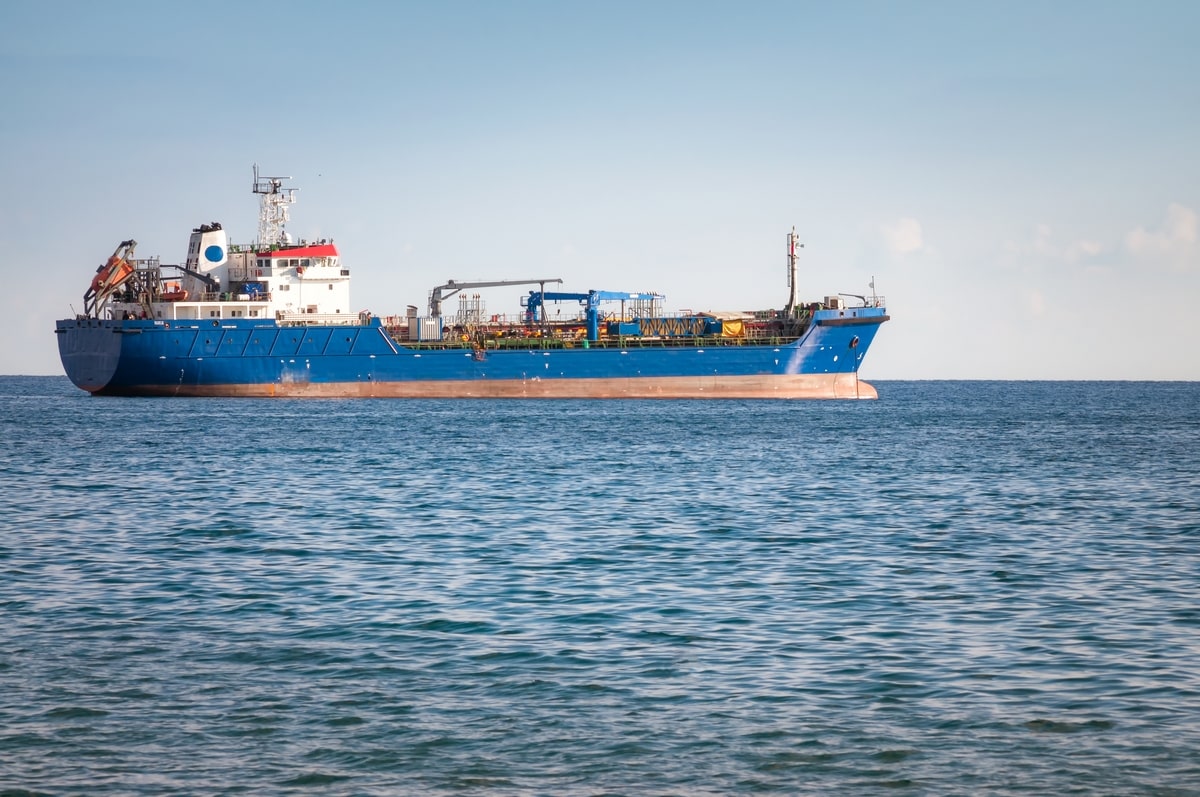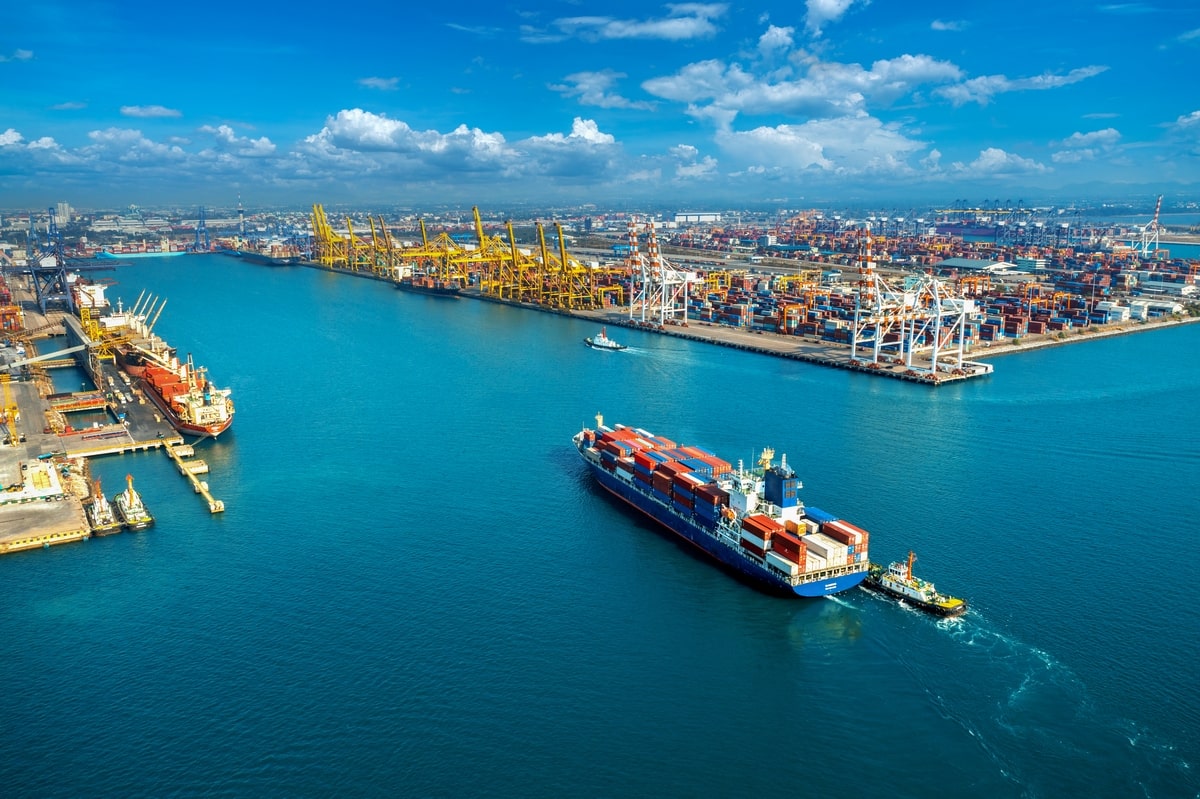Shipping and Management

CHARTERING :
It is an activity within the shipping industry whereby a shipowner hires out the use of their vessel to a charterer. The contract between the parties is called a charter party. The three main types of charter are: demise charter, voyage charter, and time charter.
In some cases, we employ a shipbroker to find a ship to deliver the cargo for a certain price, Freight rates may be on a per-ton basis over a certain route, in Worldscale points for oil tankers. Alternatively may be expressed in terms of a total sum, normally in US dollars, per day for the agreed duration of the charter.
We may also take a vessel on charter for a specified period from the owner and then trade the ship to carry cargoes at a profit above the hire rate or even make a profit in a rising market by reletting the ship out to other charterers.
Charter types:
There are three main types of charter :
– Demise charter, or bareboat charter ;
We make an arrangement for the hiring of a vessel for which no administration or technical maintenance is included as part of the agreement. We obtain possession and full control of the vessel, along with the legal and financial responsibilies for it.
We pay for all operating expenses, including fuel, crew, port expenses and P&I and hull insurance. In commercial demise chartering, a subtype of bareboat chartering, the charter period may last for many years and may end with acquiring title (ownership) of the ship.

– Voyage charter ;
We are hiring a vessel and crew for a voyage between a load port and a discharge port. We pay the vessel owner
on a per-ton or a lump-sum basis. The owner pays the port costs (excluding stevedoring), fuel costs and crew costs. The payment for the use of the vessel is known as freight.
– Time charter ;
We are hiring a vessel for a specific period of time. The owner supplies the vessel and crew. But, we select the ports, route and vessel speed, the last being a significant determinant of carbon dioxide emissions. We pay for all fuel the vessel consumes, port charges, commissions and a daily hire to the owner of the vessel. We take full commercial control of the vessel during the time charter period. The operation of the vessel itself remains with the
owner.
On those types include:
- A passenger cruise ship charter ;
In which hiring of a passenger cruise ship in regular service for a limited period of time is exclusively for a private function and uses all accommodations.
- A trip time charter ;
Is a comparatively short time charter that is agreed for a specified route only, as opposed to the standard time charter for which the charterer is free to employ the vessel within agreed trading areas.
- A bareboat yacht charter ;
Is the short-term hire for only a few weeks or even less. The owner supplies the yacht in seaworthy order, and it is fully fuelled and possibly revictualled. The yacht may be part of a holiday flotilla and is sometimes is crewed by an employee of the owner. At the end of the hire period, we are expected to pay for the fuel that was used.
- A contract of affreightment
Under a contract of affreightment, the shipowner undertakes to carry a number of cargoes within a specified period of time on a specified route. The agreed frequency of cargoes may require more than one ship. Unlike a true charter, the cargo-owner does not have a laytime period and is not responsible for demurrage.

SHIPMANAGEMENT :
The worldwide merchant fleet consisted of 50,000 vessels (bulkers, container vessels, tankers, ferries). Before it was discovered how these vessels are managed, there was exploration of their ownership.
Big shipping companies can afford to order new ships (e.g. container vessels). However, today most vessels are not owned by a single company but by a fund, which involves multiple persons or companies buying a ship together, resulting in shared ownership and risk. To limit the risk further the vessel becomes its own company, using any style of public limited liability, e.g. Ltd. and GmbH & Co.
How can banks, investment clubs or private investors manage a ship without any expertise? Well, they cannot. Therefore, they hire companies who possess the means to handle this task – a ship management company. Once contracted, such companies receive a fixed budget to buy necessary equipment, consumables and everything else the ship needs in order to operate.
Ship management is an essential aspect of the shipping industry across the globe. We deal with the process of managing a fleet or even a single vessel.
Ship management is a business that involves registration with a country or flag, crewing, insuring, maintaining and operating with several laws and regulation to comply with. Overseeing the ship and systems in terms of maintenance and operations. Monitoring of the crew, both in terms of competence and morale. Preparation and evaluation of budgets and reporting to management on these. Oversight of the survey and inspection requirements including flag, classification and port state.
Ship Management entails:
– Crewing
– Victualling
– Stores
– Spare parts
– Maintenance and repairs
– Training the crew
– Arranging insurance and handling claims and recoveries
– Appointing surveyors
It is important to state that despite all the functions of a ship manager, the ship manager is still an agent under the management contract while the ship owner is the principal. It is therefore important that a shipowner, in choosing a management company, picks a management company or manager with a good reputation and track record in the market place.
